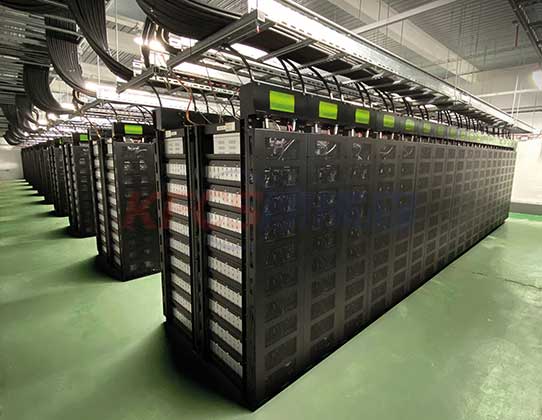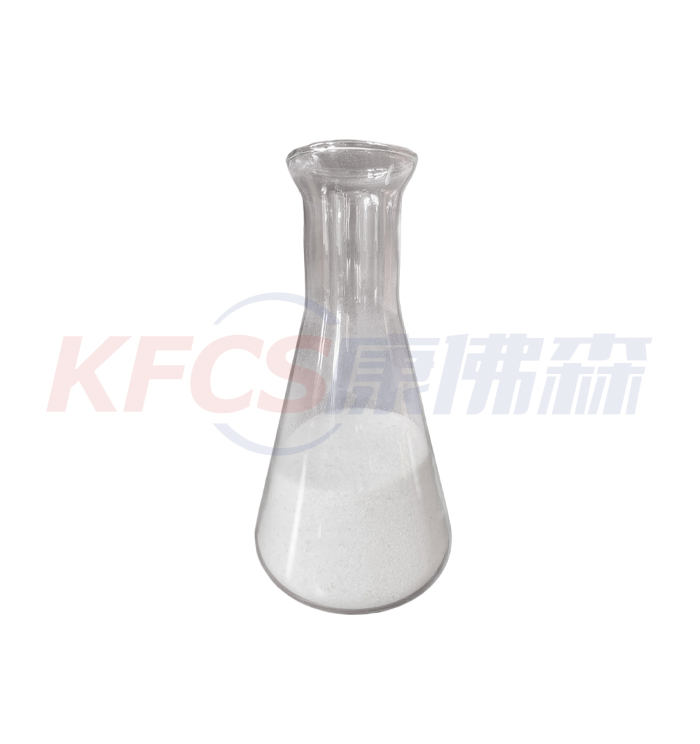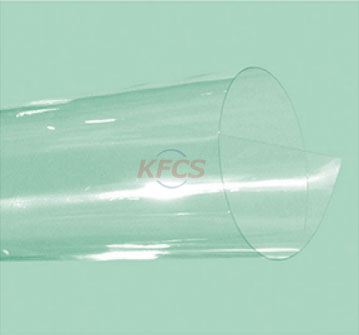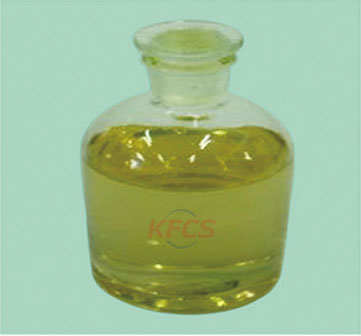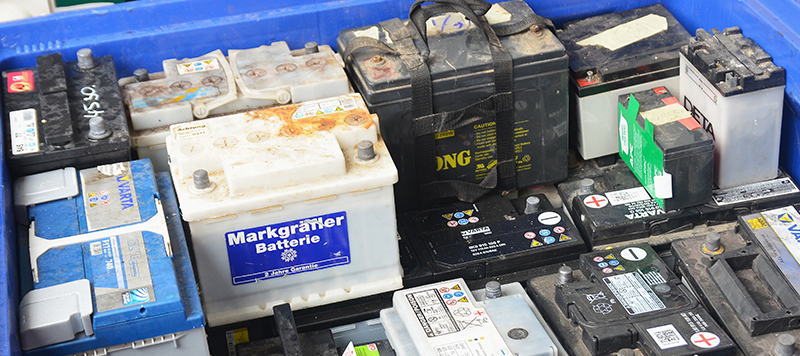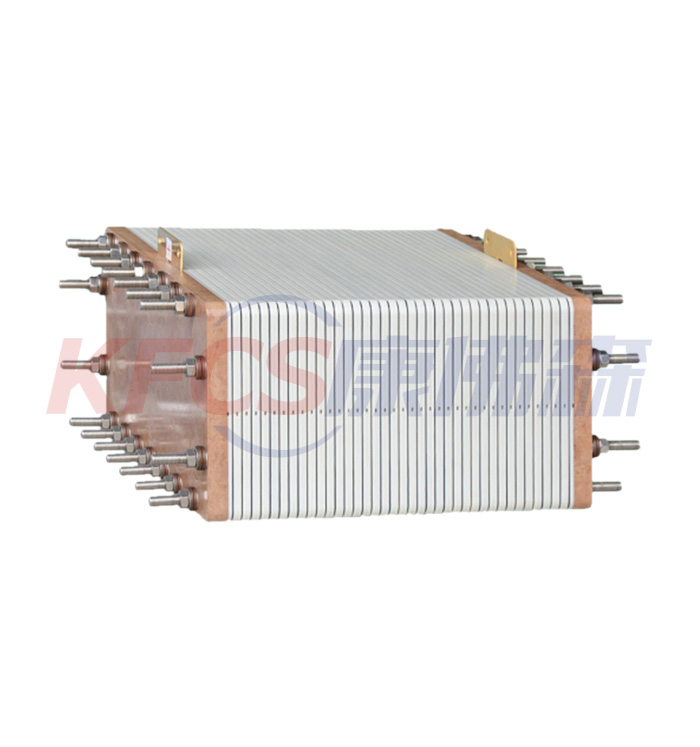U.S. to investigate PV modules in four Southeast Asian countries
2022-03-31
U.S. to investigate PV modules in four Southeast Asian countries
On Monday, the U.S. Commerce Department said it would launch an investigation that could lead to tariffs on solar panels from four Southeast Asian countries.
At the request of PV module maker Auxin Solar, the U.S. Commerce Department is said to be investigating imports of solar products from Malaysia, Thailand, Vietnam and Cambodia. The move could have implications for Chinese companies that have deployed PV module production in Southeast Asia and export to the United States through Southeast Asia.
U.S. to investigate PV modules in four Southeast Asian countries
A Commerce Department spokesman said in a statement that the department would "conduct an open and transparent investigation."
"This investigation is only the first step, and we have not made any decisions on the merits, and no additional tariffs will be imposed this time," a Commerce Department spokesman said.
The Commerce Department said it would issue a preliminary ruling within 150 days.
Earlier in the day, a memo was posted on the Commerce Department's website. In the memo, Auxin provided information that PV companies operating in the four Southeast Asian countries were subsidiaries of large Chinese producers.
U.S. PV projects may face headwinds
Auxin Solar is a solar panel company headquartered in San Jose, California. In February of this year, the company submitted a real-name petition to the U.S. Department of Commerce, asking the U.S. Department of Commerce to investigate PV modules imported from the above-mentioned four Southeast Asian countries, saying that Chinese manufacturers shifted production to these countries to avoid U.S. sanctions on Chinese solar products. tariffs levied.
Auxin's petition partly represents the attitude of U.S. solar panel makers that the influx of cheap Asian solar panels into the U.S. makes it impossible for their products to compete in the market.
In contrast, the U.S. solar industry trade group objected. The investigation alone, they argue, would immediately hamper the development of solar projects and harm the progress the United States has made in tackling climate change.
About 80 percent of the solar panels expected to be installed in the U.S. this year will come from these four Southeast Asian countries, according to the Clean Energy Association of America.
“This decision effectively freezes the growth of the U.S. solar industry,” Heather Zichal, chief executive of the American Clean Energy Association, said on a conference call with reporters. The actions of this investigation are a disaster for our industry."
U.S. solar industry groups are lobbying hard against the Commerce Department's acceptance of the petition. Many solar projects are now at risk of not being able to proceed, given the new tariffs could significantly increase costs, they said on Monday.
Joe Biden had previously set a goal of weaning the U.S. power industry from fossil fuels by 2035, pushing solar to provide up to 40 percent of America’s electricity needs, up from 3 percent today.
About News
- Ultra-high-purity lithium can be recycled at low cost
- Application of all-vanadium redox flow battery
- Volkswagen USA accelerates the layout of power battery recycling
- 500MW! Sweden's OX2 acquires Greek wind and solar projects
- A temperature monitoring device for an all-vanadium redox flow battery case
- Diluted high-concentration electrolyte improves LMB cycling performance, study finds
- Vanadium Redox Battery 24V 33ah Rechargeable
- Significance of power battery recycling
- New South Wales plans to deploy 700MW/1400MWh battery energy storage projects
- The Smart Battery Management System
Products



